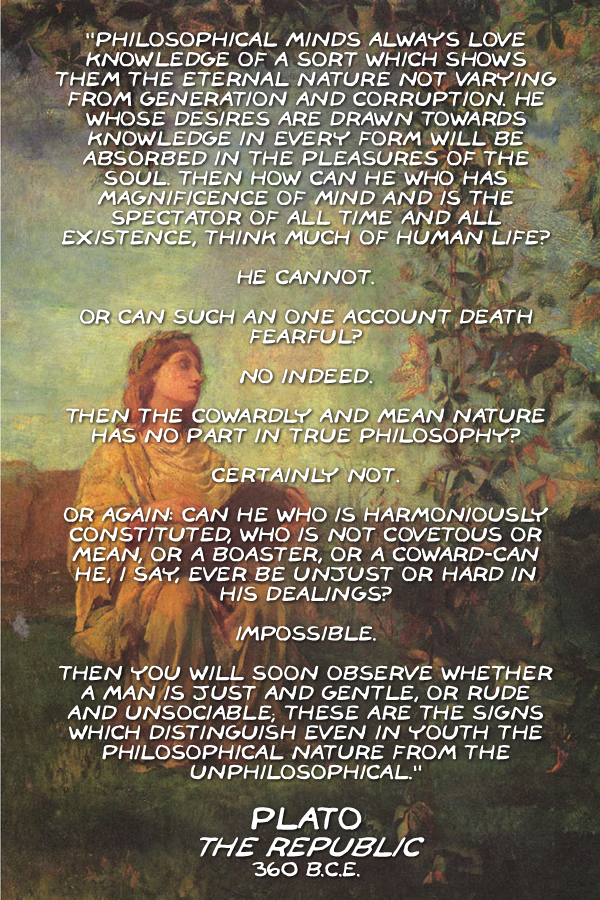Republished by Blog Post Promoter
“An Ye Harm None, Do What Ye Will”
Bide within the Law you must, in perfect Love and perfect Trust.
Live you must and let to live, fairly take and fairly give.
For tread the Circle thrice about to keep unwelcome spirits out.
To bind the spell well every time, let the spell be said in rhyme.
Light of eye and soft of touch, speak you little, listen much.
Honor the Old Ones in deed and name,
let love and light be our guides again.
Heed the flower, bush, and tree by the Lady blessed you’ll be.
Where the rippling waters go cast a stone, the truth you’ll know.
When you have and hold a need, harken not to others greed.
With a fool no season spend or be counted as his friend.
Merry Meet and Merry Part bright the cheeks and warm the heart.
Mind the Three-fold Laws you should three times bad and three times good.
When misfortune is enow wear the star upon your brow.
Be true in love this you must do unless your love is false to you.
“An Ye Harm None, Do What Ye Will”
________________
—- from “The Wiccan Rede” published in the neo-Pagan magazine Earth Religion News in 1974.





